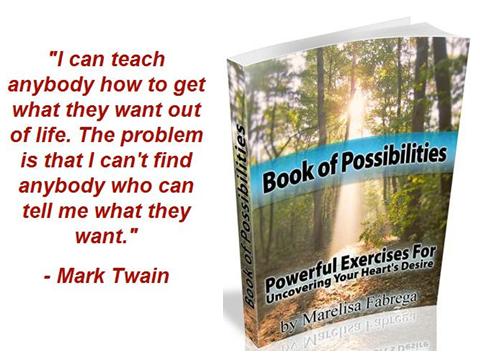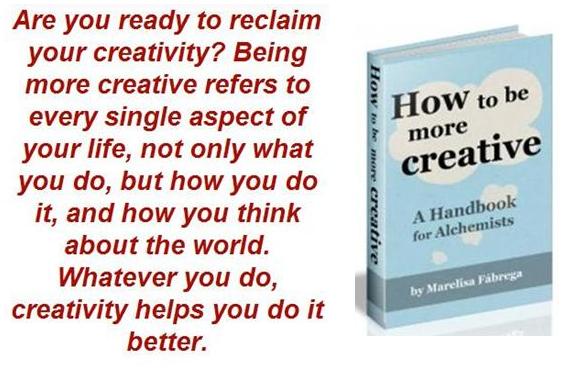Anything that you want to achieve in life will require that you tolerate some discomfort. For example, if you want to run a marathon, you’ll need to get up early each morning to go for a run–or do some strength training–, even if you’re tired and would rather stay in bed. During long runs you’ll begin to get tired, but you have to push yourself through that discomfort and keep going.
The same thing applies to dancing ballet, becoming a lawyer (long nights in the library studying for tests, sacrificing time with friends in order to write briefs for mock trial, the stress of being called on in class, and so on), getting a promotion at work (more job responsibilities, higher expectations from your boss, etc.), or anything else.
Psychological pain is part of the price that we have to pay in order to achieve what we want in life.
Constructive Discomfort v. Useless Discomfort
Robert Leahy, PhD.,– Director of the American Institute for Cognitive Therapy in New York City–calls the discomfort that’s associated with achieving your goals, “constructive discomfort“. Achieving things that are important to you will require that you tolerate some discomfort, frustration, and psychological pain. You simply need to accept that discomfort is a part of life.
On the other hand, if you don’t act in order to achieve those goals that are important to you, that causes discomfort as well. However, that discomfort isn’t constructive; in fact, it’s completely useless. As long as you’re going to feel discomfort whether you pursue your goals or not, wouldn’t you rather experience constructive discomfort, instead of useless discomfort? Of course you would.
Overestimating the Discomfort
Something else to be taken into consideration when it comes to procrastination is that most procrastinators overestimate how uncomfortable taking action will be for them. Leahy recommends that you follow this exercise:
- Choose an activity that you’ve been procrastinating on. For example, let’s suppose that you’ve been wanting to start an exercise program for some time now, but you keep putting it off.
- Now, think of how uncomfortable exercising will be for you, on a scale from 1 to 10 (where “1″ is mildly uncomfortable and “10″ is the equivalent of water boarding torture).
- After you’ve written down your prediction, do the task that you’ve been avoiding. In our example, you would go out for a twenty minute walk, or swim a few laps in the pool.
- Ask yourself the following two questions: “How unpleasant was it?” and “For how long was it unpleasant?”
Leahy explains that you may be procrastinating because you think that certain activities will be much more uncomfortable than they really are. People who have this tendency are called “pessimistic procrastinators”. When these people finally get started on the task that they’ve been procrastinating on, they often discover two things:
- That the discomfort they felt while performing the task wasn’t as bad as they thought it would be; and
- That the discomfort didn’t last as long as they thought it would.
In addition, once you’ve gotten past the discomfort of the task, you often experience positive feelings. These can include the following:
- Feeling proud that you accomplished the task.
- Having a sense of effectiveness.
- Feelings of self-efficacy.
- Feeling like you’re ready to take on the next task.
Conclusion
When you find yourself procrastinating on a task, Leahy recommends that you empower yourself by focusing on how good and how proud of yourself you’ll feel once you’ve completed the task, instead of focusing on the discomfort that you might feel while you’re working on the task. Think of the following:
- By focusing on the unpleasantness of the task, you’ll do anything you can to avoid it.
- By focusing on the positive effects of carrying out the action, you’ll get to it.
Overcome procrastination by practicing discomfort.




Related Posts:






 Marelisa Fabrega is a lawyer and entrepreneur. She holds a Bachelor of Science in Business Administration from Georgetown University in Washington, D.C., as well as a Juris Doctor from the Georgetown University Law Center. You can learn more about her
Marelisa Fabrega is a lawyer and entrepreneur. She holds a Bachelor of Science in Business Administration from Georgetown University in Washington, D.C., as well as a Juris Doctor from the Georgetown University Law Center. You can learn more about her 





